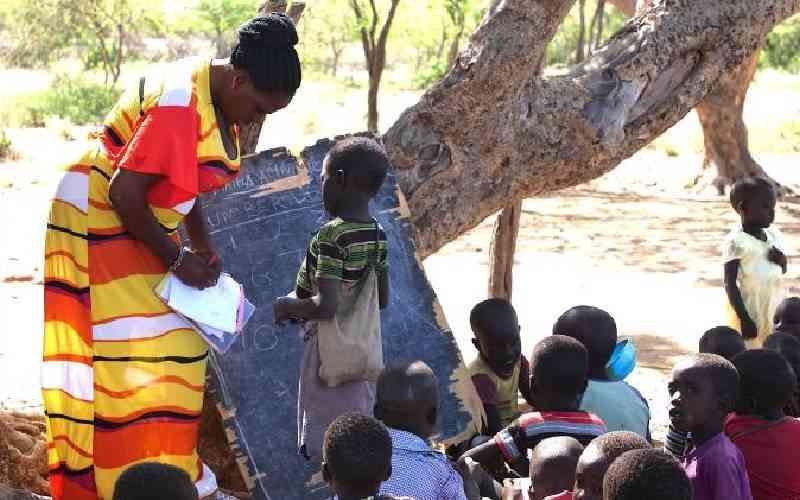
The Constitution in Chapter 4 Article 43(1) f provides that every Kenyan citizen is entitled to, among many other rights and freedoms; the right to education. This is in line with the Education for All goals calling on countries to ensure they provide their citizens with free, accessible and equitable education that is in tandem with SDG 4 agenda on provision of free, quality and accessible education to all citizens of the world by 2030. This call has been elusive to most countries in the world.
The Kenya National Union of Teachers alongside other teacher trade unions launched a report on the extent and nature of privatisation and commercialisation of education in Kenya in September, 2022. There is an ongoing debate about private education, notably for-profit education, leading to the commercialisation of education. The UN Special Rapporteur on the Right to Education has devoted three consecutive reports to raising alarm on the subject. Against this backdrop, the study demonstrated the increase of private education providers in the education sector.